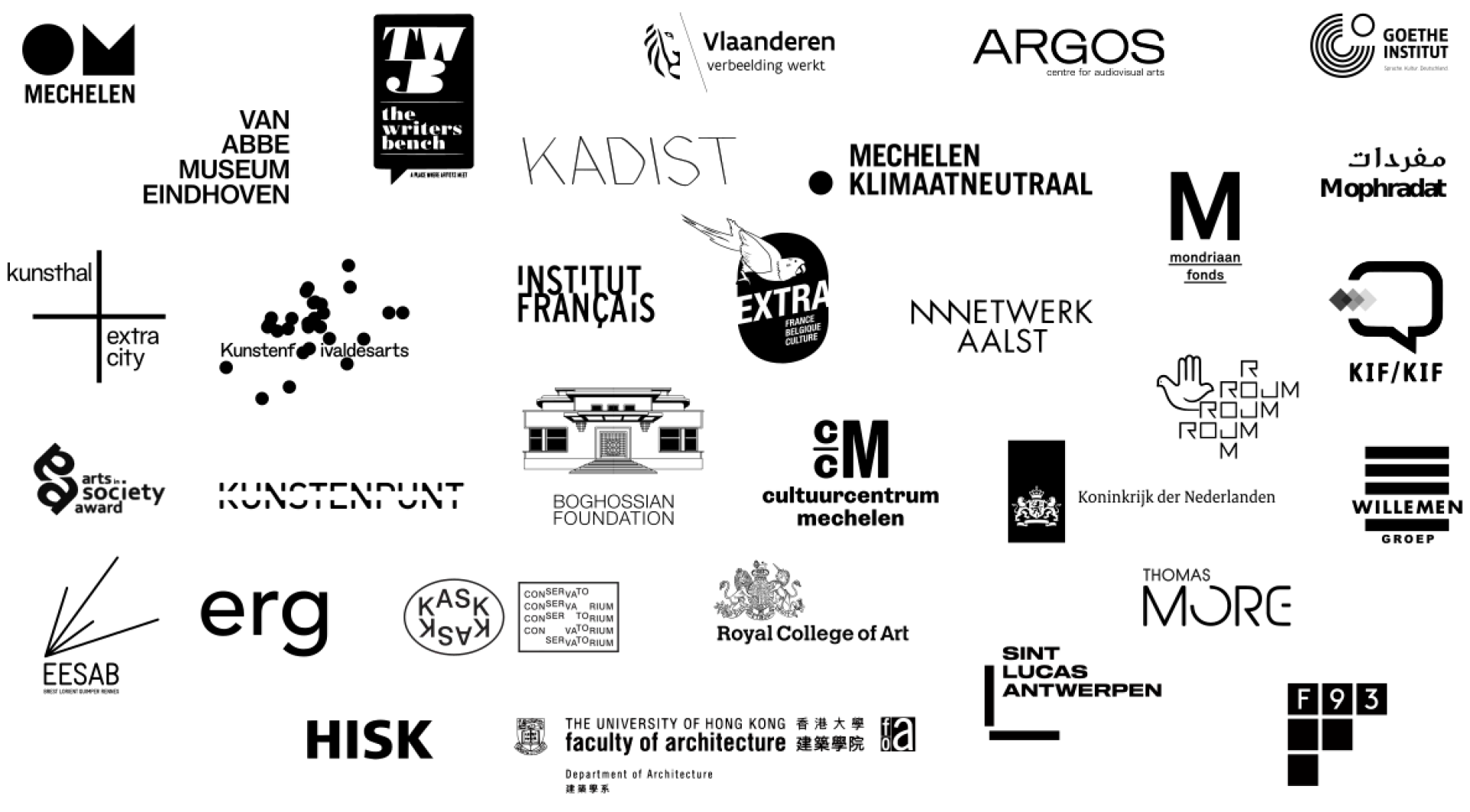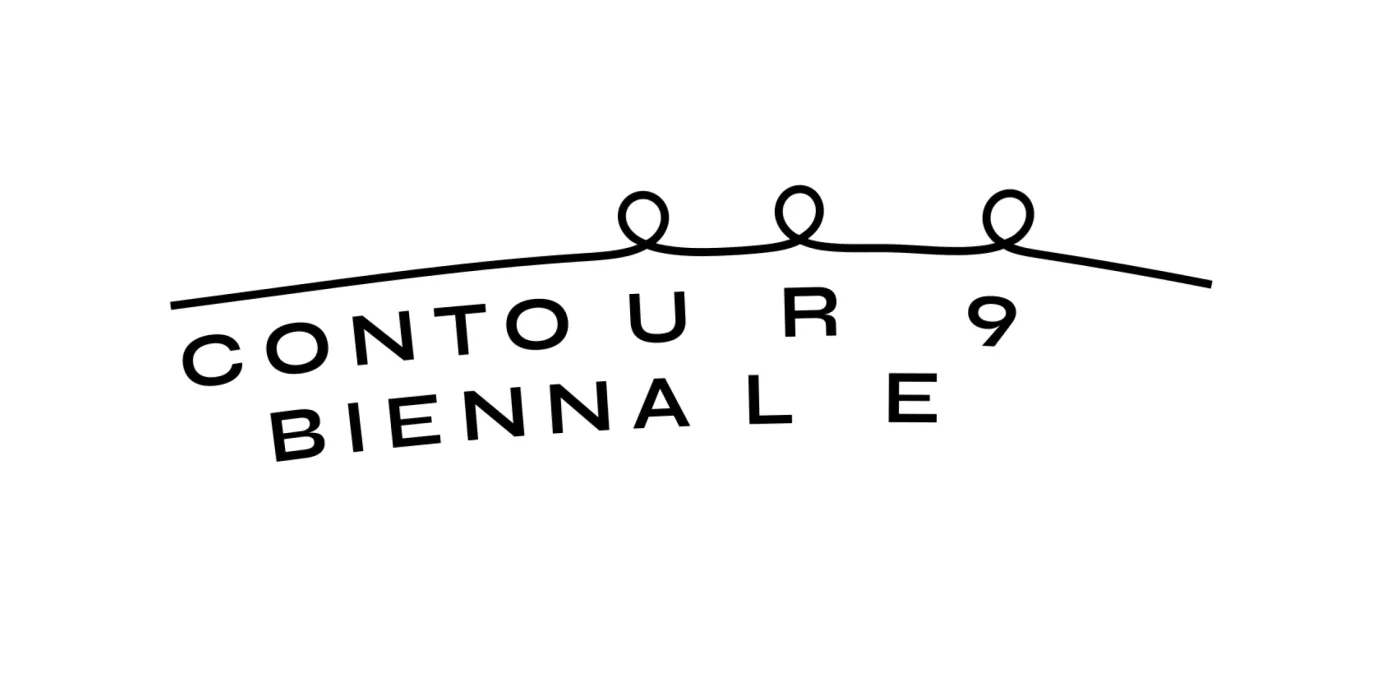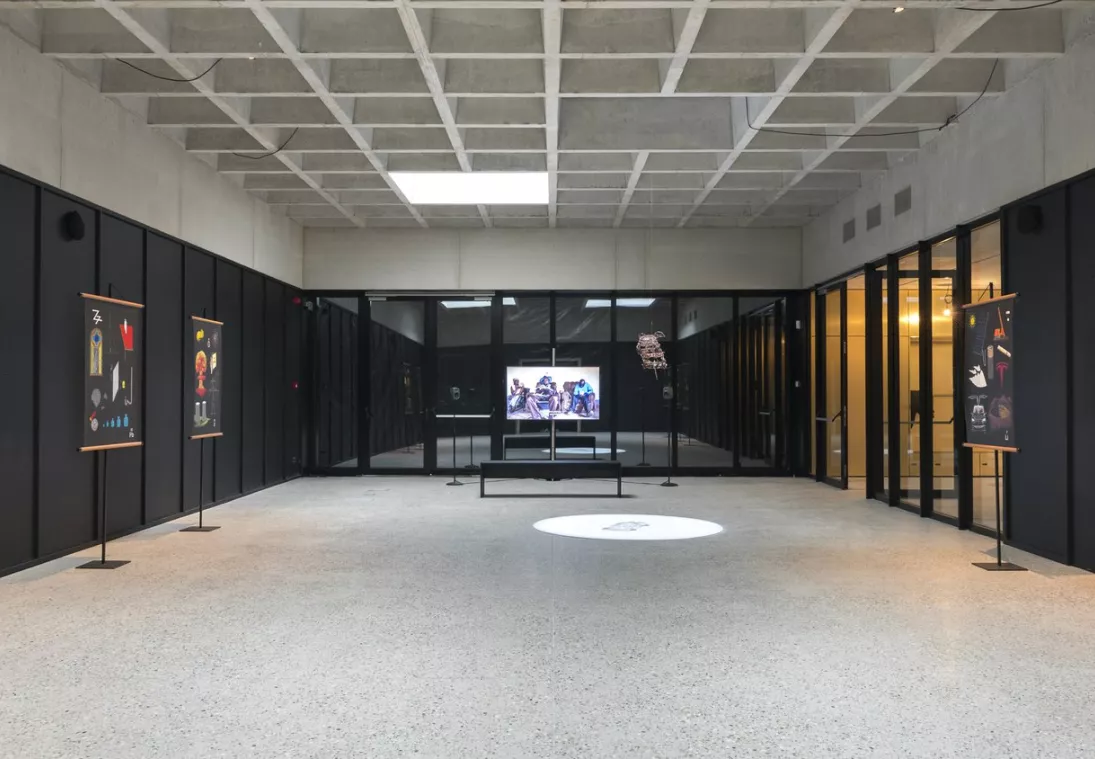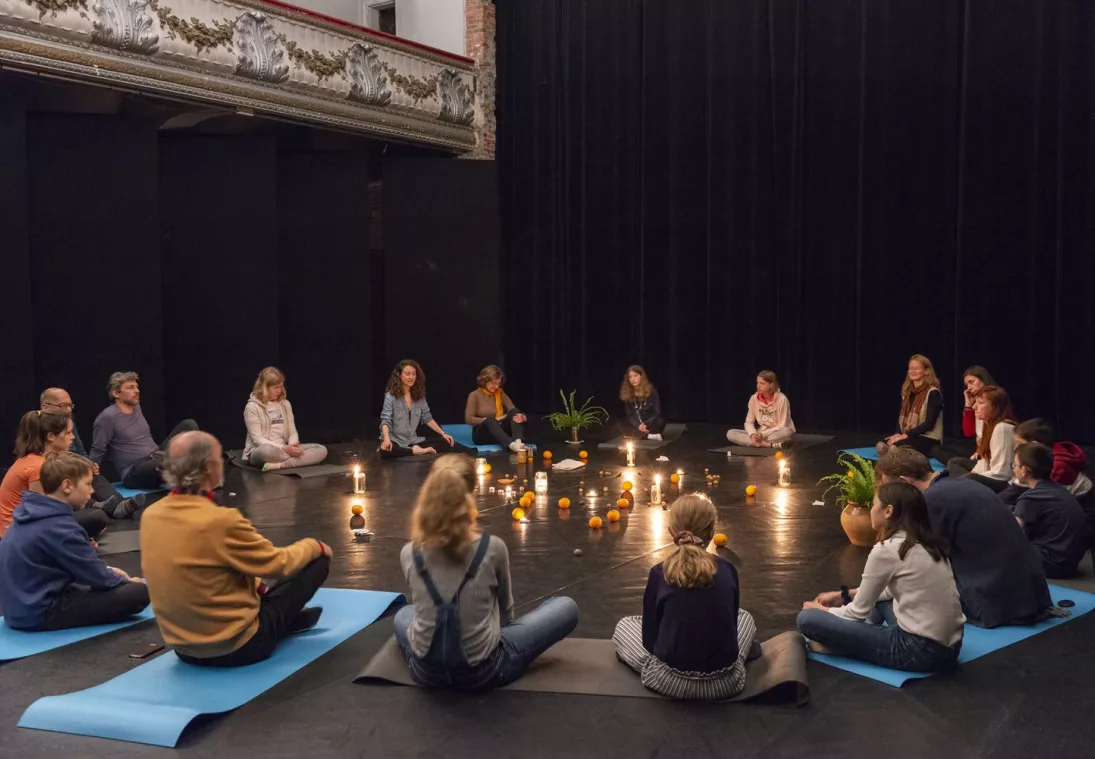Contour Biennale 9
Nona arts centre appointed Nataša Petrešin-Bachelez as curator for the ninth edition of Contour Biennale. She challenged the existing Contour format by no longer opting for a continuous exhibition in several places in the city. Under the title "Coltan as Cotton" she asked pertinent questions like "What can a biennial be today and how can we organise it in a more sustainable way?"
Contour Biennale 9 therefore became an elongated continuum that began with an introductory phase on 25 October 2018. Three long weekends formed the spine of the biennial. Petrešin-Bachelez engaged more than 50 contributors to shape this edition. This led to more than 20 new projects. The curator also initiated an educational programme called the "Transnational Alliance" that ran parallel to the biennial and explored similar themes.
The projects presented during Contour Biennale 9: Coltan as Cotton were inspired by and relate to the city of Mechelen, its inhabitants and, more broadly, Belgium’s recent colonial history. It also posed more general questions about how to position a biennial, whom a biennial addresses and whether we can find sustainable ways to work on a biennial. The curator, Nataša Petrešin-Bachelez, had designed this edition in phases: a continuum of projects in various formats, in contrast to earlier editions when the biennial ran for 10 weeks. Between September 2018 and October 2019, three major public presentations and several other events had shaped the Contour Biennale 9: Coltan as Cotton. These phases were aligned with the lunar cycle, one of our most natural rhythms, which induced a cyclical conception of time. The title was borrowed from the poem The Bear/Coltan as Cotton by the slammer, musician and poet Saul Williams.
Artists have shown newly commissioned films, installations and performances that explore entanglements between the decolonization of structures, mind and history in Belgium (in particular Mechelen), and the need for practices of degrowth and solidarity to be intertwined more profoundly with contemporary artistic practices. Many of the works had been made collectively with residents and organisations in and around Mechelen. During the three phases (in January, May and October 2019), there was also a programme of talks and debates, including roundtable discussions and workshops led by the artists and invited contributors.
Curator: Nataša Petrešin-Bachelez
Kunstenaars: Alexis Destoop, Amandine Gay, Amelia Umuhire, Andrea Stultiens, Aurélie Nyirabikali Lierman, Bie Michels, Black Speaks Back, Black(s) to the Future, Cadine Navarro, Call it Anything, Christian Nyampeta, COYOTE, Daniela Ortiz, Eline Mestdagh, Elise Misao Hunchuck, Emmanuel Iyamu, Enough Room for Space, Evanne Nowak, Fallon Mayanja, Femke Herregraven, Georges Senga, Greyzone Zebra, Hikaru Fujii, Jean Katambayi, Jelena Jureša, Kiangana Laura Nsengiyumva, Léopold Lambert, Maarten Vanden Eynde, Maria, Lucia Cruz Correia, Marjolijn Dijkman, Mark Požlep, Melat Gebeyaw Nigussie, Melvin Gibbs, Mireille Tsheusi Robert, Monique Mbeka Phoba, Nataša Petrešin-Bachelez, Natascha Sadr Haghighian & Ashkan Sepahvand, Picha, Raf Custers, Raphaël Grisey & Bouba Touré, Raul Balai, Robin Vanbesien, Saddie Choua, Samira Saleh, Sammy Baloji, Sara Sejin Chang (Sara van der Heide), Seckou Ouologuem, Shabaka Hutchings, The Black Archives, The Writer's Bench, Tine Hens, Transnational Alliance, Walter Andino Midence, You Mi, Zheng Li
THE WAXING CRESCENT MOON PHASE - 11-13 January 2019
The first of the three phases is aligned with The Waxing Crescent Moon Phase. During two days, lectures, performances, screenings, installation and discussions will address the themes and associations related to a state that comes just before the completion, of a phase that is in progress and in growth.
THE FULL MOON PHASE - 17-19 May 2019
The second weekend is aligned with the Full Moon Phase. This phase is mainly associated with completeness, sustainability, responsibility, taking care and accountability. The projects presented in this phase are critically engaged with the social and political forms of ecology and the impact that has on everyday life and our food production and consumption, such as circular agriculture or climate grief. Other projects continue the research and conversations about socio-ethical and political conditions and lives in former empires such as the former Belgian colonies.
WANING CRESCENT MOON PHASE - 18-20 October 2019
‘The Waning Crescent Moon Phase’ is the last of the three public moments of ‘Coltan as Cotton’, the Contour Biennale 9. The main theme of this closing phase is the near future, but just like the moon cycle, it is understood as an ongoing transformation into present and past. Artists were commissioned to research and work on their projects for the duration of one year, which has resulted in several world premieres, presentations and performances. These works will be presented to offer insight into alliances of social or political accountability in relation to the colonial period and contemporary structural racism. Along with this, ecological and societal degrowth and aspirations for hope and propositional thinking have always been important aims. During the closing phase, the biennial will draw conclusions concerning its desire to instigate some relevant discussions for the social, ecological and political realities of the city of Mechelen, its region, and the organisation that hosts the biennial itself.
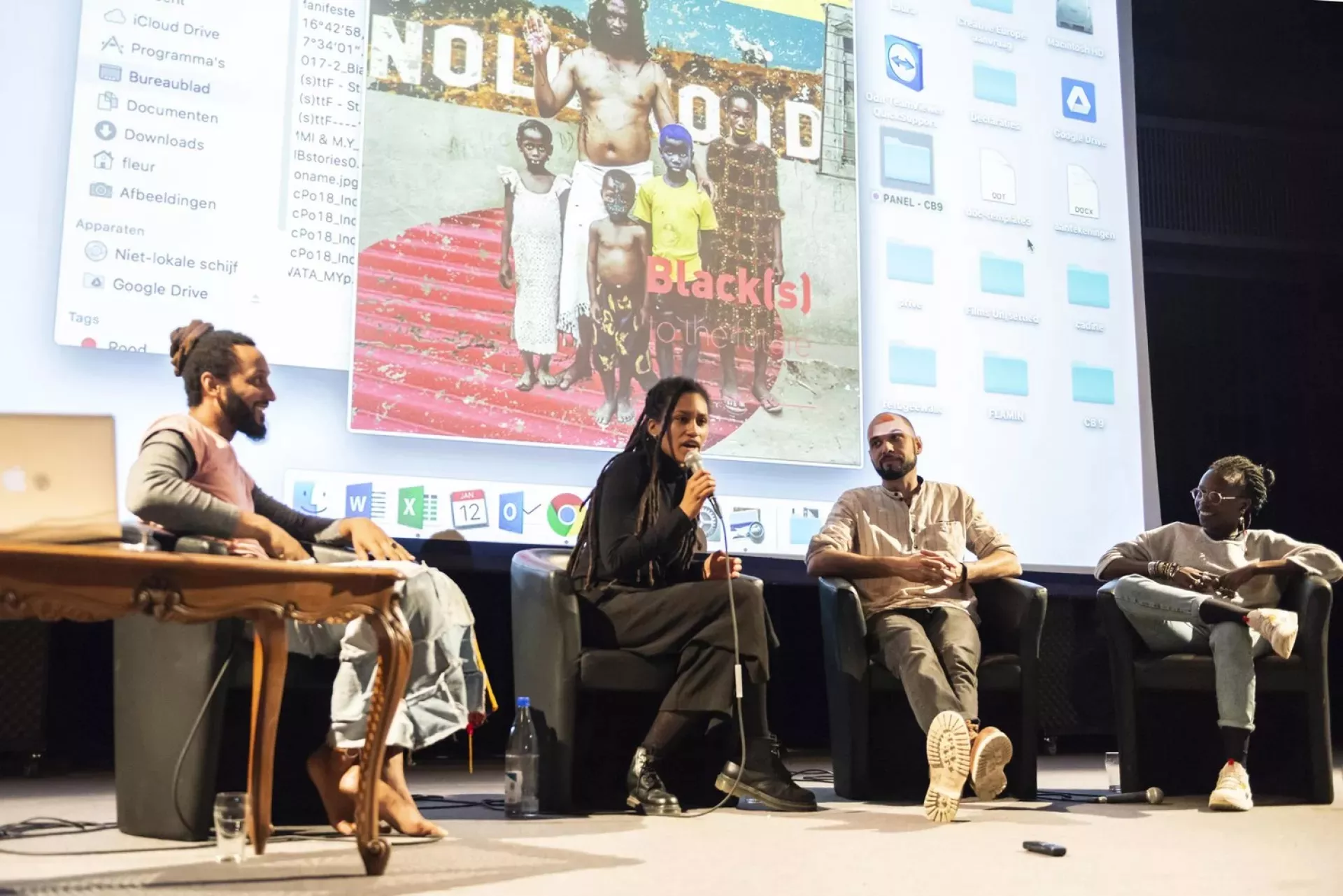
TRANSNATIONAL ALLIANCE
A continuum of projects, workshops, debates and events will span from September 2018 to May 2019 and address the current critical political and ecological moment through the lens of the particular urban, social, and political conditions of in and around Mechelen. Topics such as ecological debt, environmental racism, decolonizing social relations, degrowth, hope, care, and solidarity will represent not only the content within which to work, but also the material, technique and method of that work.
The cross-disciplinary alliance We Cannot Work Like This: Decolonial Practices and Degrowth brings together several departments of academies and universities in the region in Belgium, France, England and Hong Kong, and enables that students work together in each of their schools on a proposal for sustainable, decolonial and inclusive practices in relation to, on one hand, cultural institutions, and on the other, their own professions (artistic, architectural, design or research- related). The students are invited to look at sustainability through the self-reflexive, intersectional feminist, anti-capitalist and anti-racist lens. The participating professors prepare a joint curriculum and discuss it with the students in each of their schools.
The aim of this alliance is that it stirs interest for creation of a legal document or charter that would promote sustainable and decolonial practices for the institutions and for the practitioners themselves.
Members of the Transnational Alliance are HISK (Ghent), Department of Architecture, Hong Kong University (Hong Kong), St. Lucas School of Arts (Antwerp), School of Architecture at the Royal College of Art (London), Royal Academy of Fine Arts (Antwerpen), Thomas More University (Mechelen), Ecole de recherche graphique (Brussels), Ecole européenne supérieure d'art de Bretagne (Rennes), Open Design for Refugees and Asylum Seekers, KASK (Ghent).
LOCATIONS
Mechelen Academy
CC Mechelen
De Zondvloed Mechelen
Dyle Path at the Vismarkt
Khiasma
Kruidtuin Mechelen
nona arts centre - golden hall
nona arts centre - old hall
Netwerk Aalst
ROJM
Thomas More - Campus De Vest
ABOUT THE CURATOR
Nataša Petrešin-Bachelez is an independent curator, editor and writer. Among the projects and exhibitions she curated are Show me the archive and I will tell you who is in power at Kiosk, Ghent (2017, with Wim Waelput), Let's Talk about the Weather at the Sursock Museum, Beirut and Times Museum, Guangzhou (2016 and 2018, with Nora Razian and Ashkan Sepahvand), Resilience. Triennial of Contemporary Art in Slovenia, Ljubljana (2013), transmediale.08 at HKW, Berlin (2008). She was co-director of Les Laboratoires d'Aubervilliers (2010–12) and co-founder of the network Cluster. She was chief editor of L'Internationale Online (2014-2017), and chief editor of the Manifesta Journal (2012–14).

